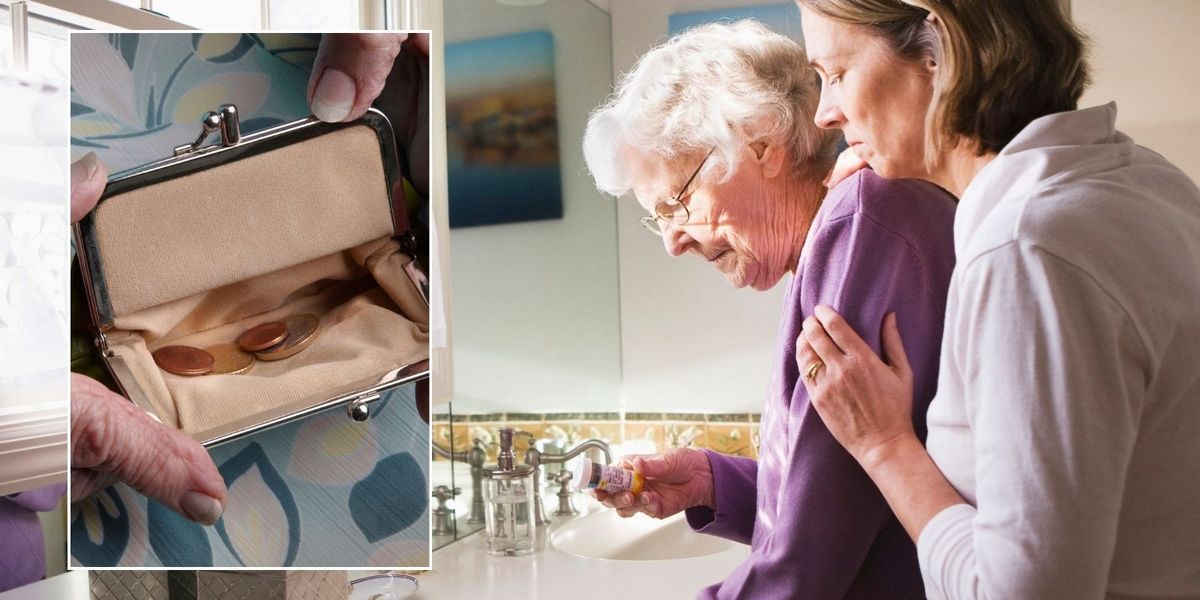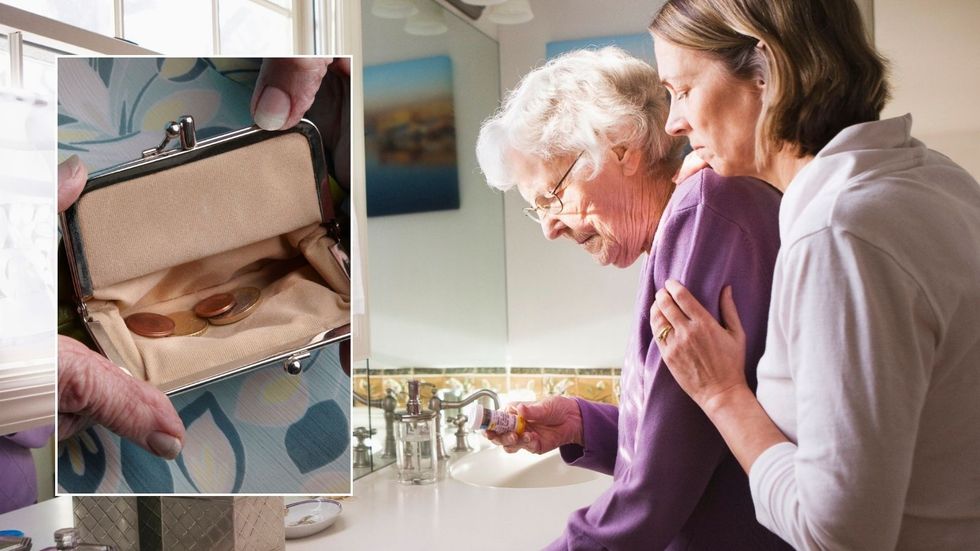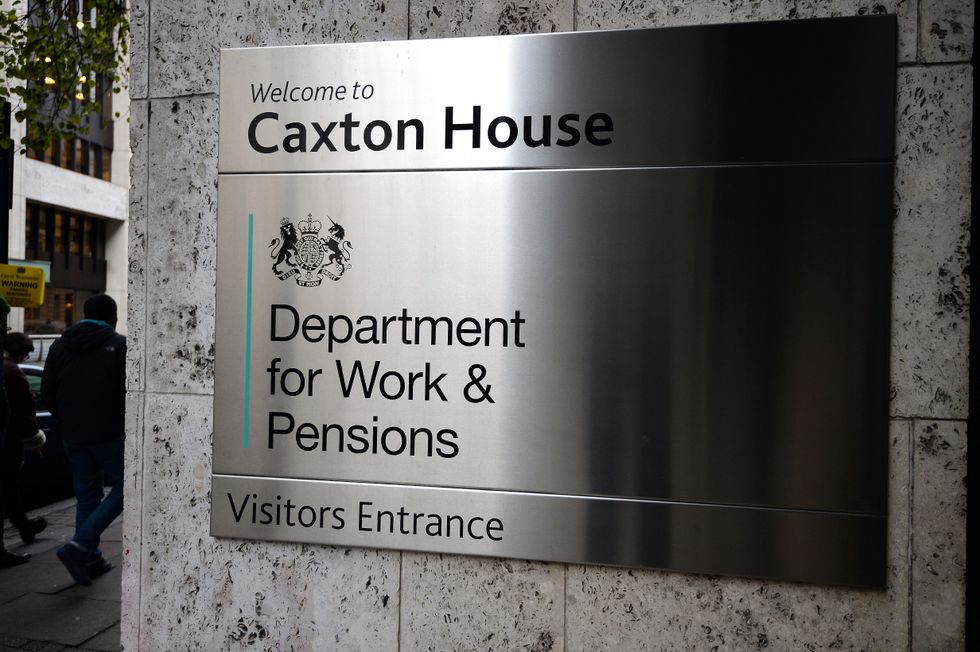
 Press Releases
Press Releases 
Thousands of pensioners face being “pushed into paying income tax” for the first time following today’s increase to the state pension.
From today, those in receipt of the basic and new state pension are being awarded an 8.5 per cent boost to their benefit payments which will see some recipients get more than £11,000 a year.
The Government has cited its commitment to the triple lock as one of the primary policies aimed at helping Britain’s pensioners amid the cost of living crisis.
However, experts are questioning how beneficial this rate hike will be due to other fiscal policies in place from the Treasury.
This is due to the impact of fiscal drag which has been referred to as a “stealth tax” on peoples’ incomes.
Fiscal drag occurs when tax allowances are frozen during a period of time when wages or incomes are increasing, resulting in people being dragged into higher tax brackets.
Do you have a money story you’d like to share? Get in touch by emailing money@gbnews.uk.

Pensioners risk paying income tax for the first time this year
GETTY
During last year’s Autumn Budget, Chancellor Jeremy Hunt confirmed that tax thresholds would be frozen until at least April 2028.
The full new state pension has been raised from the £10,600.20 a year to £11,501.22. With Mr Hunt’s tax threshold freeze, the tax-free allowance on incomes is sitting at £12,570.
While the full state pension is lower than the personal allowance, pensioners with retirement income could easily pulled across this threshold. Those who claim the marriage allowance may also find they’re affected.
Figures from HM Revenue and Customs (HMRC) revealed that the number of individuals aged 65 or older who pay income tax jumped 10 per cent to 8.5 million in 2023-24.
This represented a 25 per cent increase on the 6.8 million income taxpayers of state pension age paying tax in 2020-21, which is when tax thresholds were originally frozen.
Henrietta Grimston, director of financial planning at Evelyn Partners, issued a warning to older households who are in danger of paying income tax this year on their retirement income.
She explained: “Not many pensioners will be complaining about a boost to their weekly state pension payments.
“But as this latest increase – like those of the last couple of years – comes against a background of frozen tax thresholds, it does mean increasing numbers will be pushed into paying income tax, or into a higher tax band.
“Most of those receiving the new full rate state pension will only be able to draw £1,068 in income that is not covered by other allowances before they start paying income tax at the basic rate of 20 per cent in the new tax year.
“And those with more substantial sources of private income who are close to the higher rate threshold of £50,270 could be pushed into paying tax at 40 per cent on some of their income.”
LATEST DEVELOPMENTS:

State pension and other retirement benefits have been awarded a 8.5 per cent rate hike from today
PA
A Treasury spokesperson told GB News: “Pensioners do not pay any income tax if their sole income is from the full new state pension.
“We are standing by our commitment to maintain the triple lock by raising the basic state pension from Monday to almost £170 a week, after the largest ever cash increase last year.
“As the Resolution Foundation has said, the introduction of the triple lock and New State Pension means pensioners are on average £1,000 better off than if the state pension had just risen with earnings.”
Other benefit payments from the Department for Work and Pensions (DWP), including Universal Credit, have been awarded a 6.7 per cent increase from today.
24World Media does not take any responsibility of the information you see on this page. The content this page contains is from independent third-party content provider. If you have any concerns regarding the content, please free to write us here: contact@24worldmedia.com